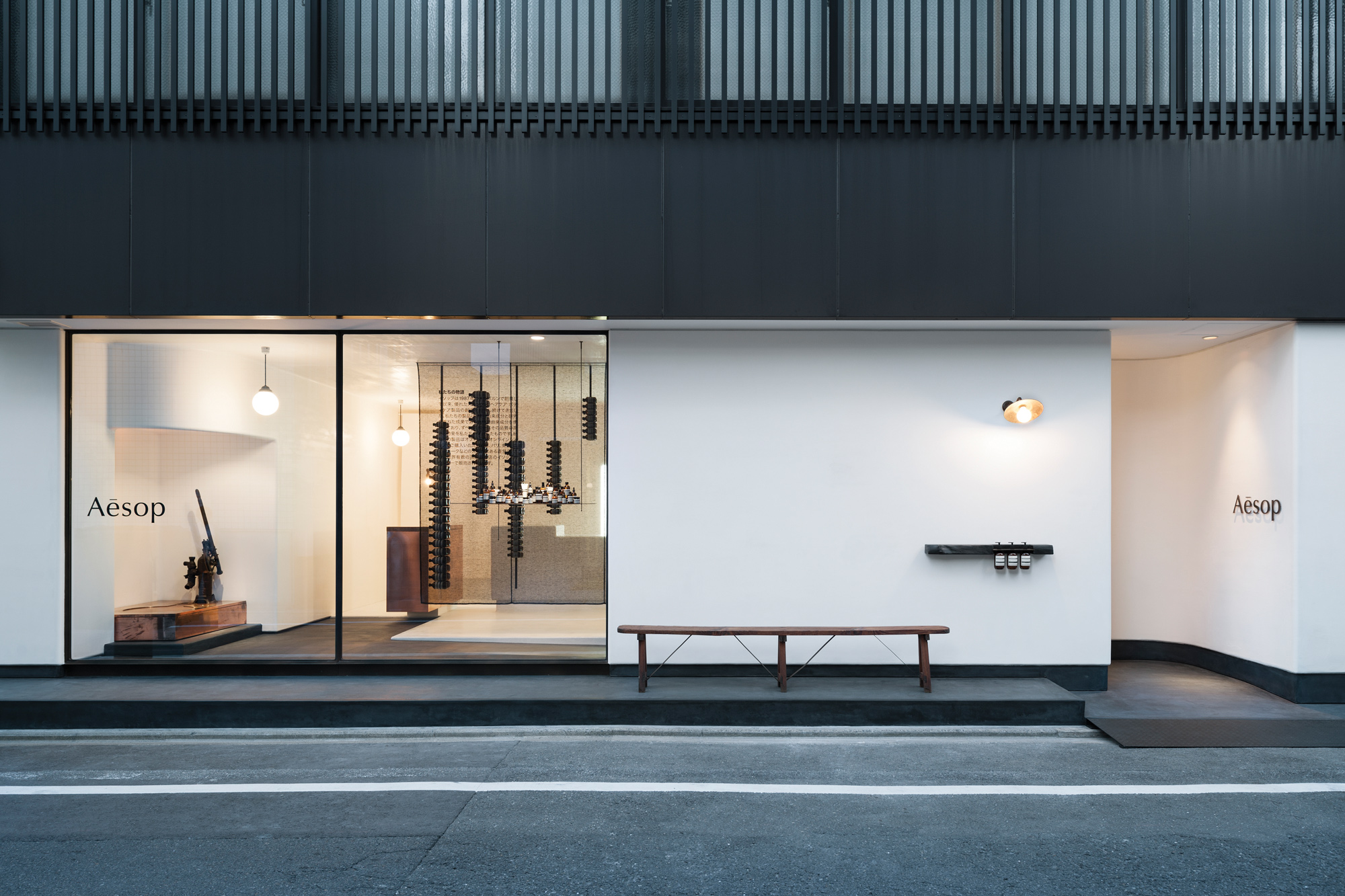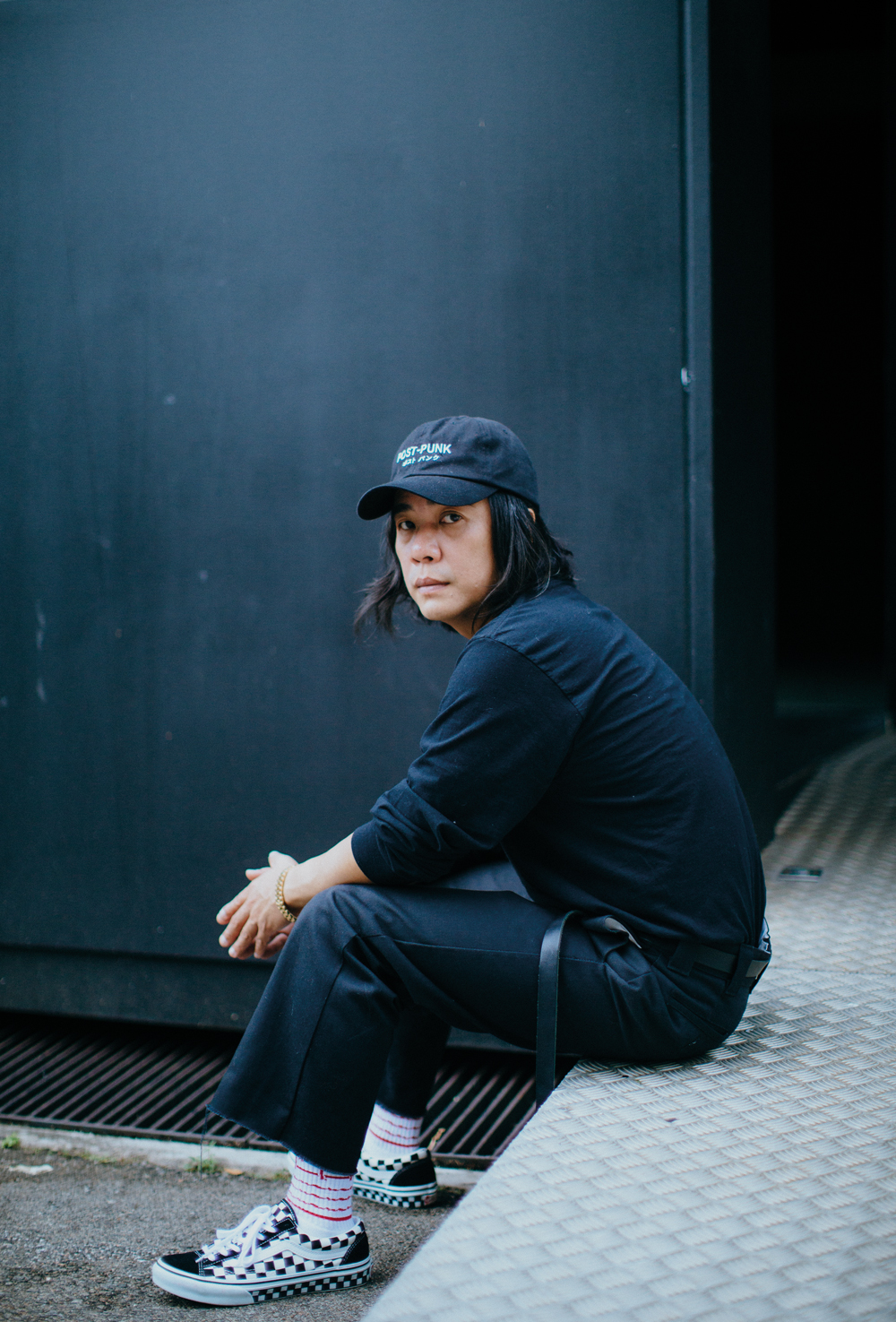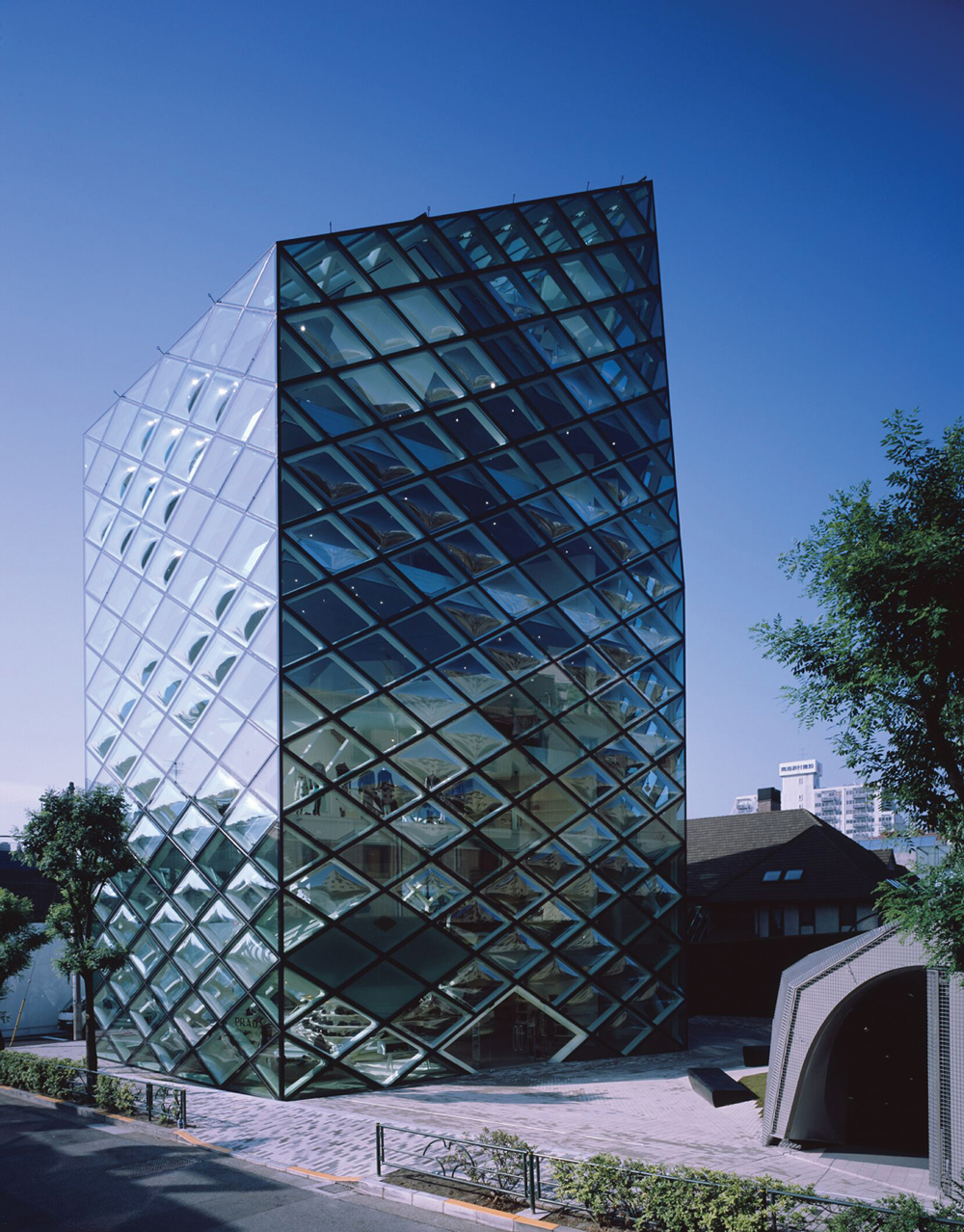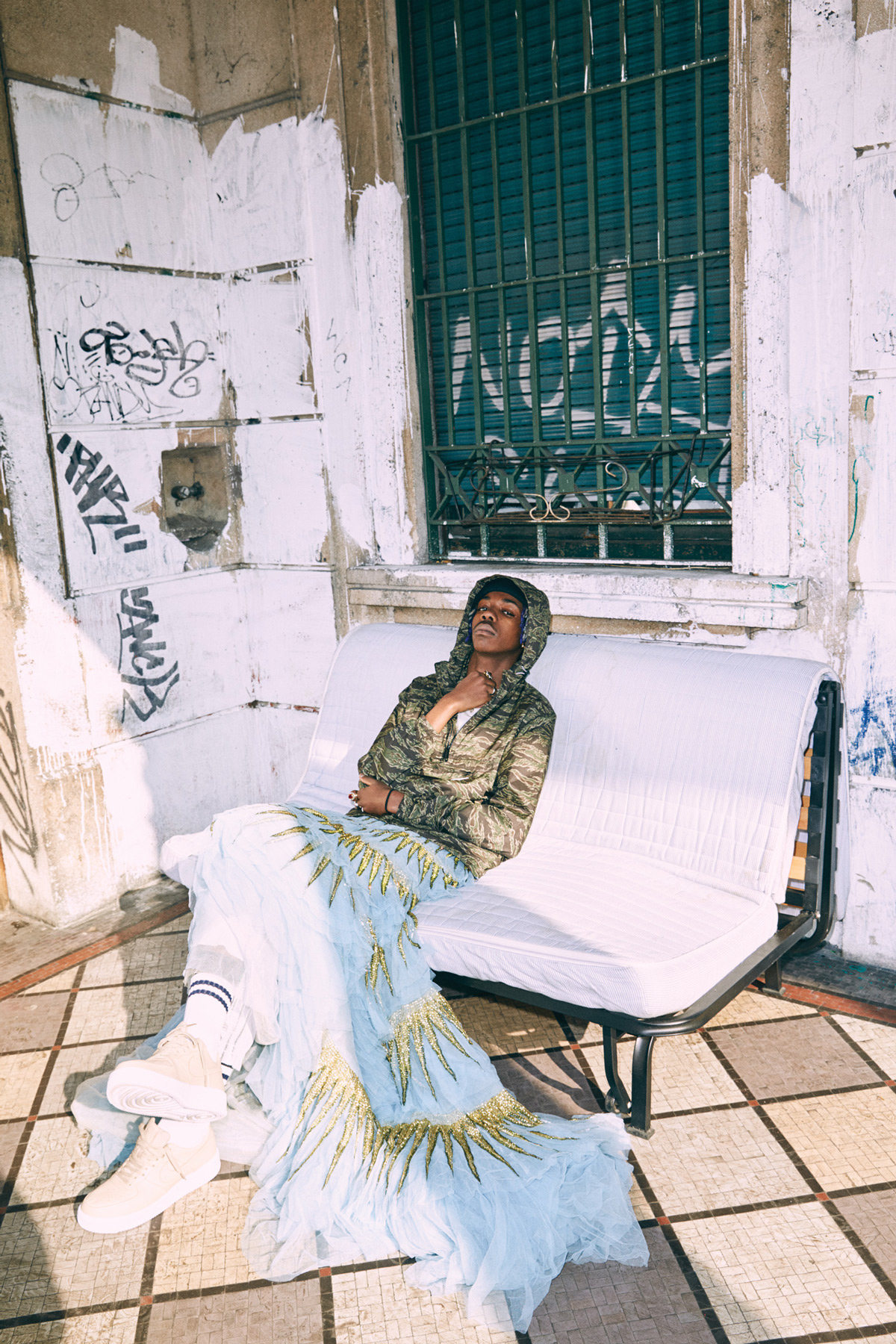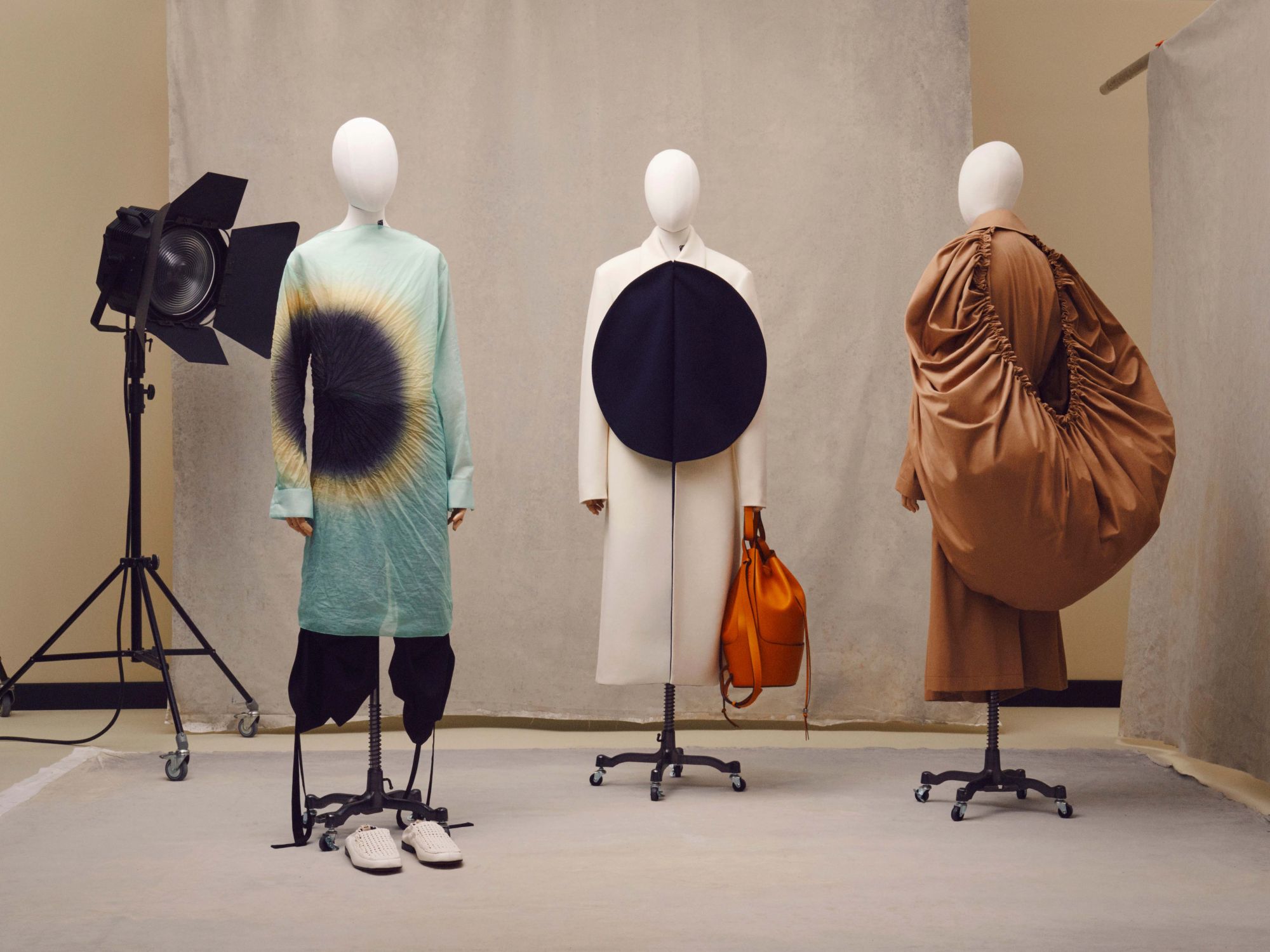Originally the site of a nutmeg plantation that later became the Tanglin Barracks for
British troops in Singapore, Dempsey Hill has been transformed into a vibrant
lifestyle and entertainment enclave since 2006. Eleven years on, it now welcomes an
unexpected addition to its list of upscale retail and dining tenants. Dover Street
Market, the radical establishment and legendary concept store founded by Rei
Kawakubo and Adrian Joffe of Commes des Garçons, announced its impending
arrival to Singapore in mid 2015.
The news alone was enough to set the entire industry aflame.
Since its inception over a decade ago, the multi-label store has established itself for
its anti-establishment approach to fashion by providing a platform to nurture
emerging designers, alongside sales of high-end luxury labels as well as the brand’s
in-house multi-labels.
With its black stick tape and tin hut tills, the design ethos of the store can only be
described as “beautiful chaos”—a term first coined by Kawakubo in 2004. Known to
many as the mecca of concept stores around the world, Dover Street Market has
bucked the rulebook of identical store displays and homogeneous product offerings.
Its unique model is one that finely balances the needs of retail with an unflinching
creative concept, and is closely led by the brand’s kachikan, or sense of values. To
this plethora of brands and designers that the store curates, a sense of freedom
(within strong strictures) is accorded to their choices of visual merchandising and
display, making it worth a visit on its own.
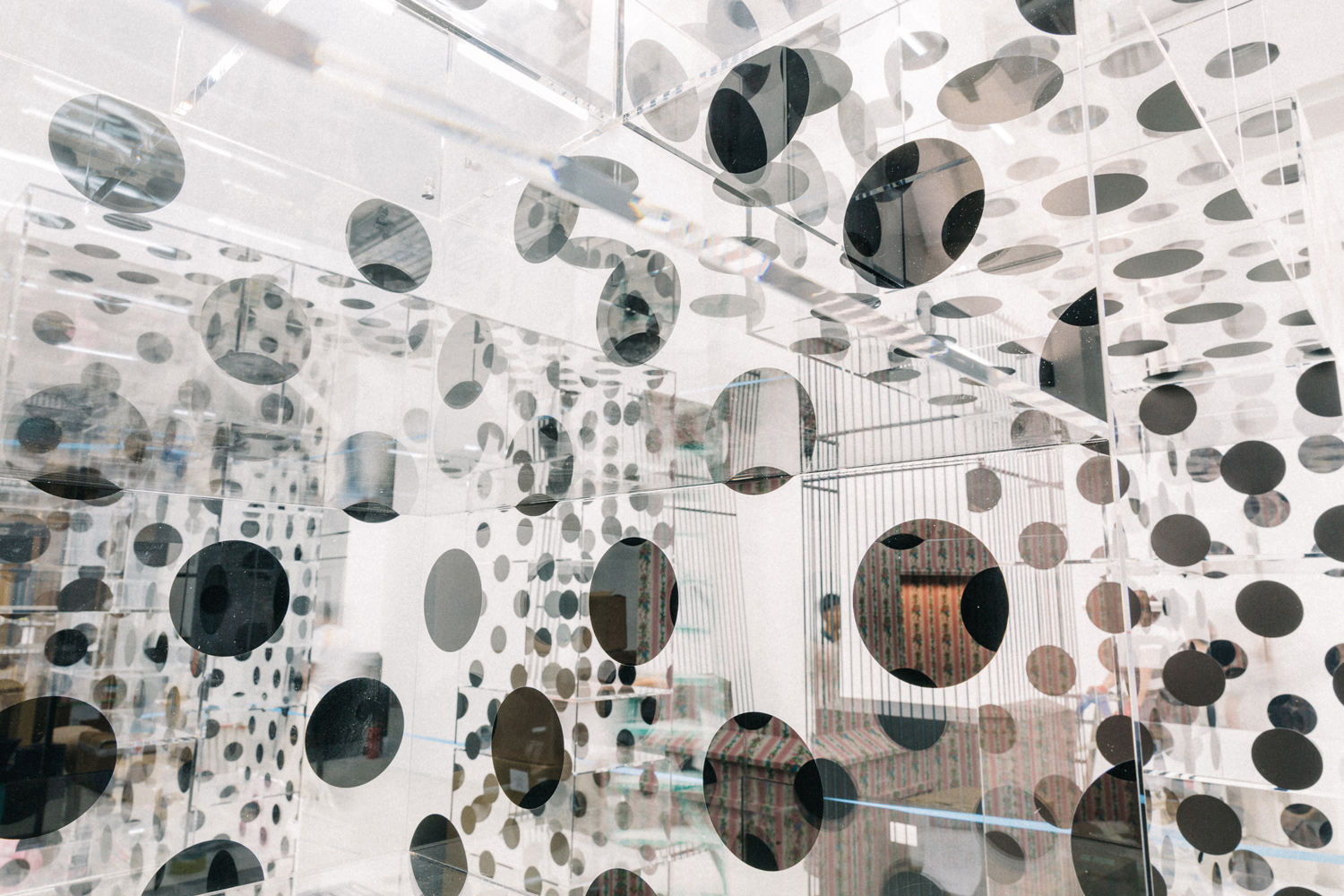
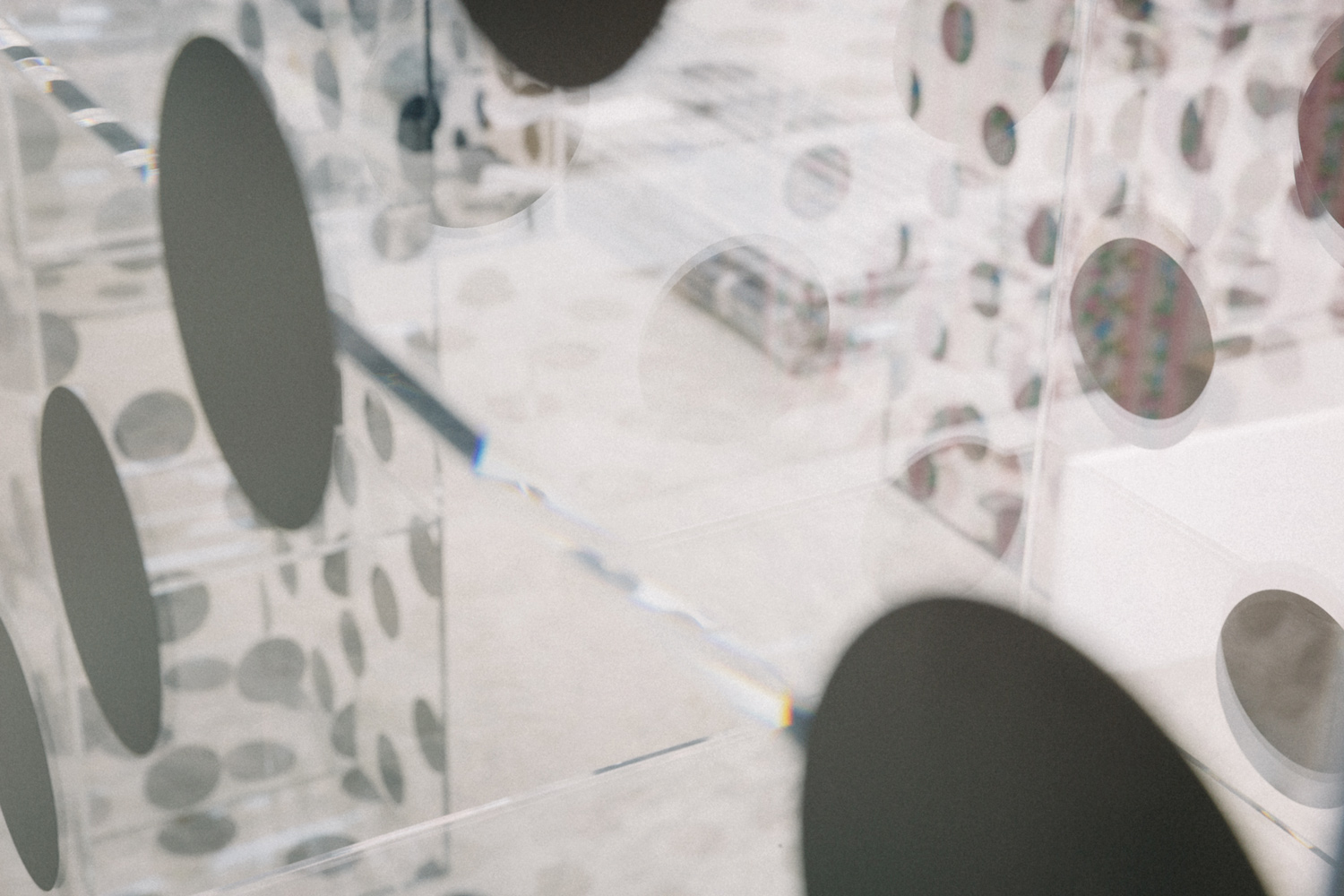
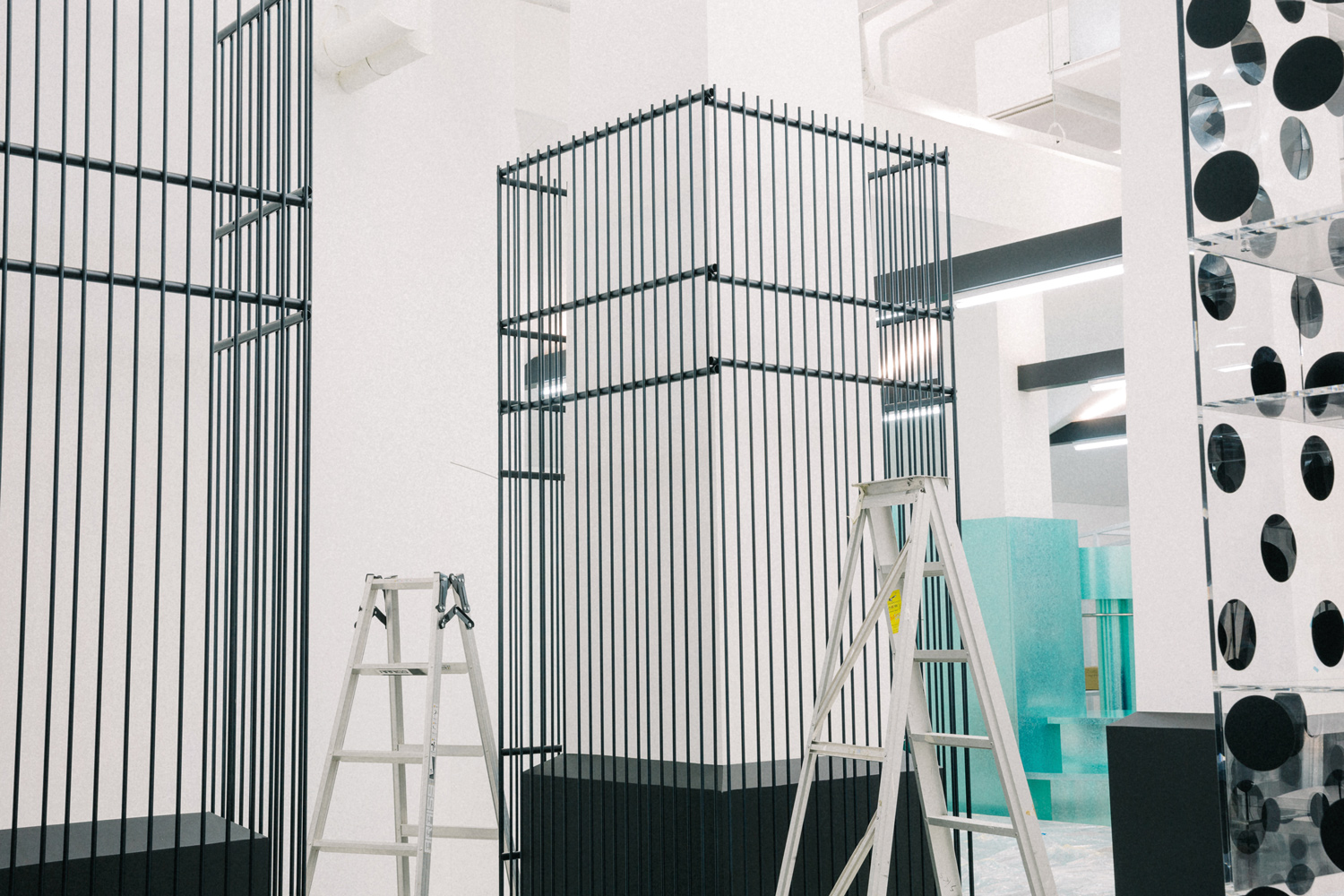
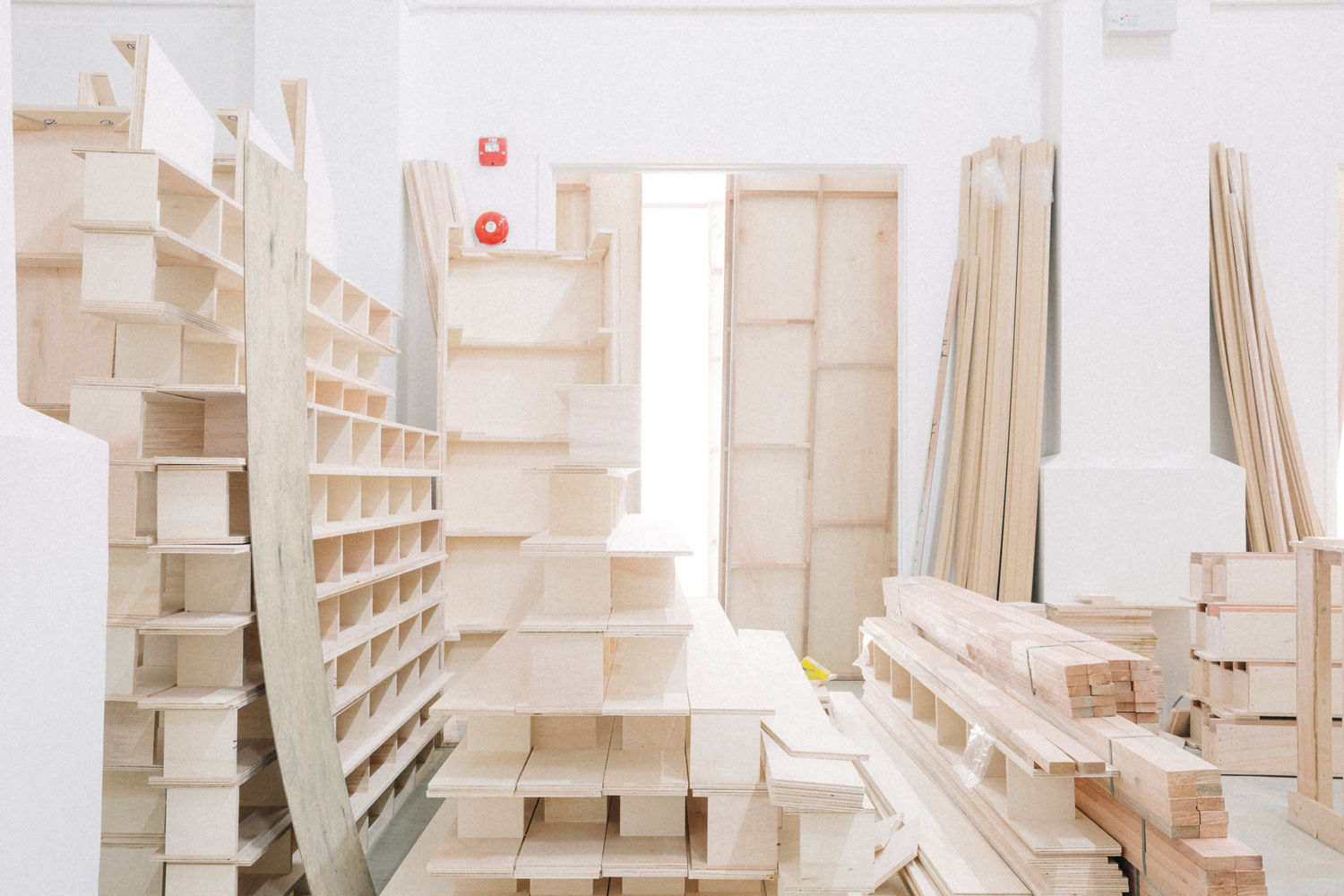
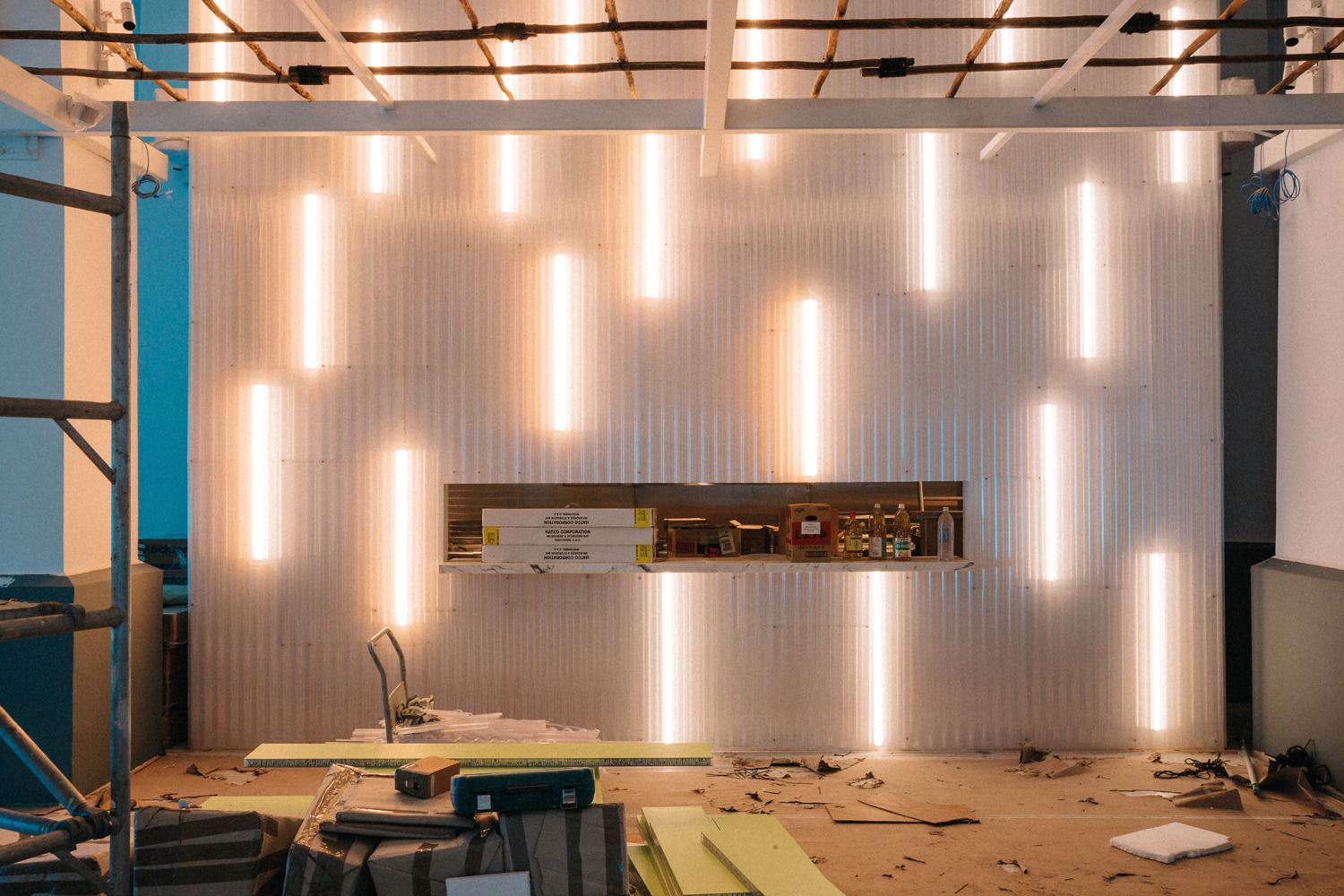
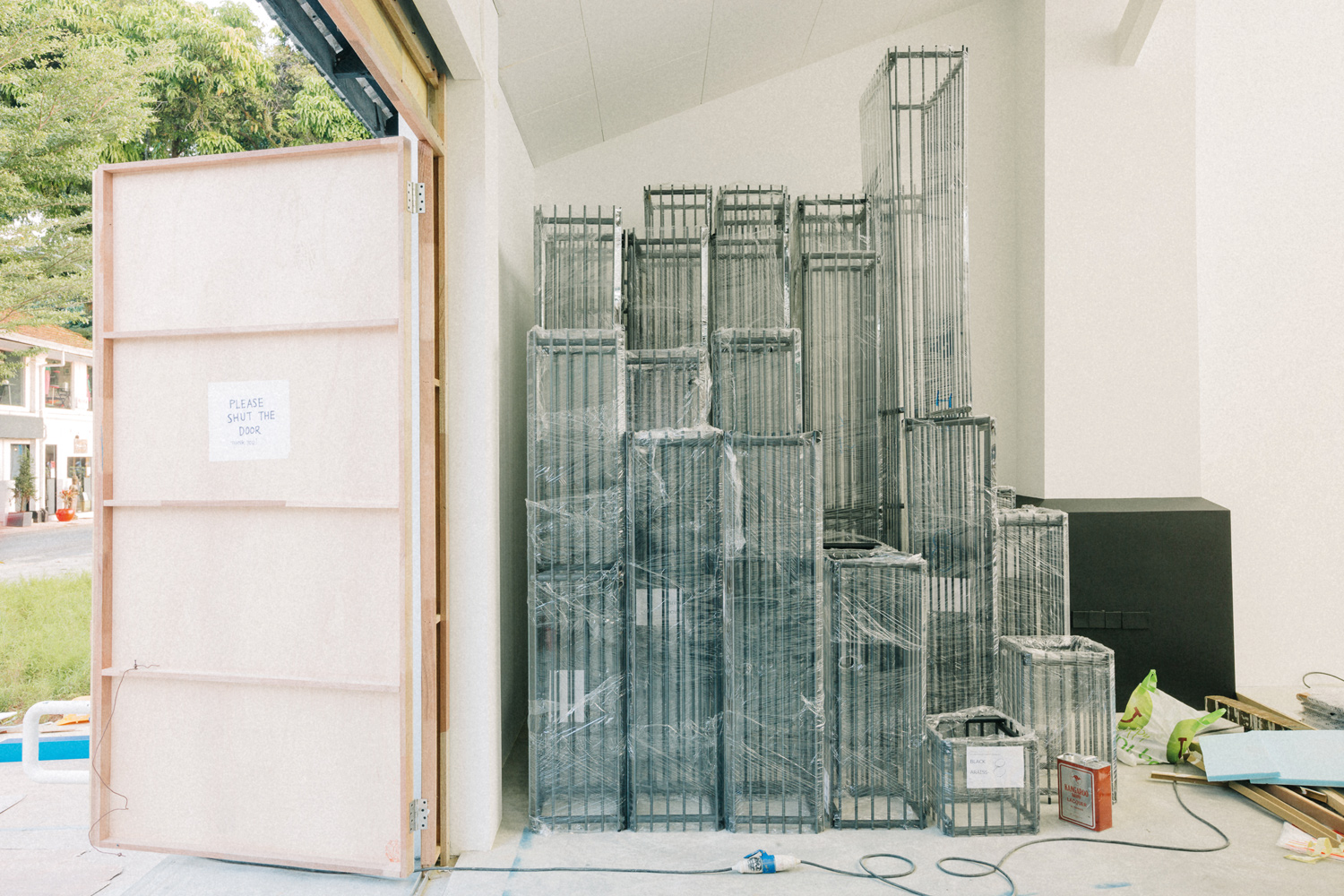
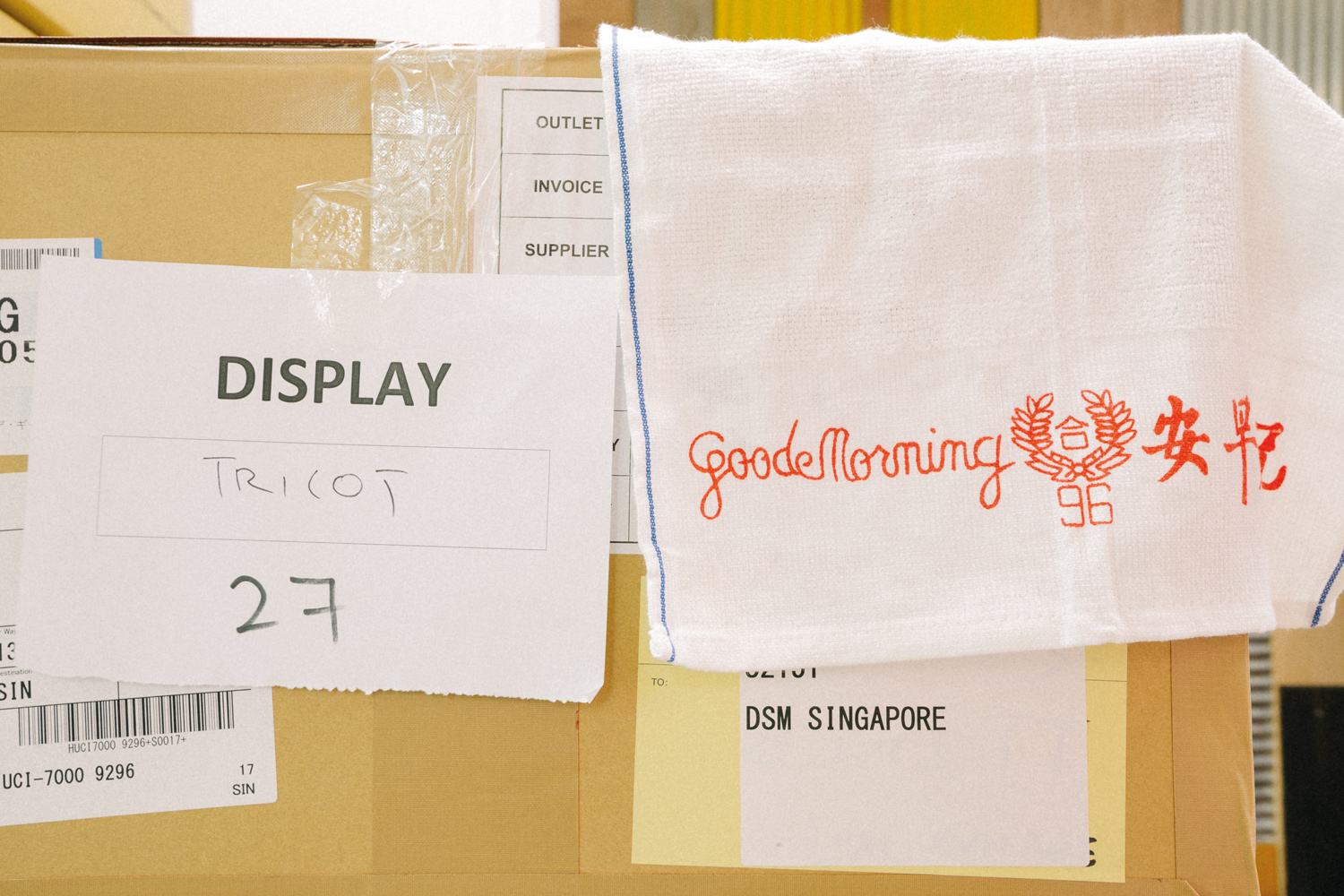

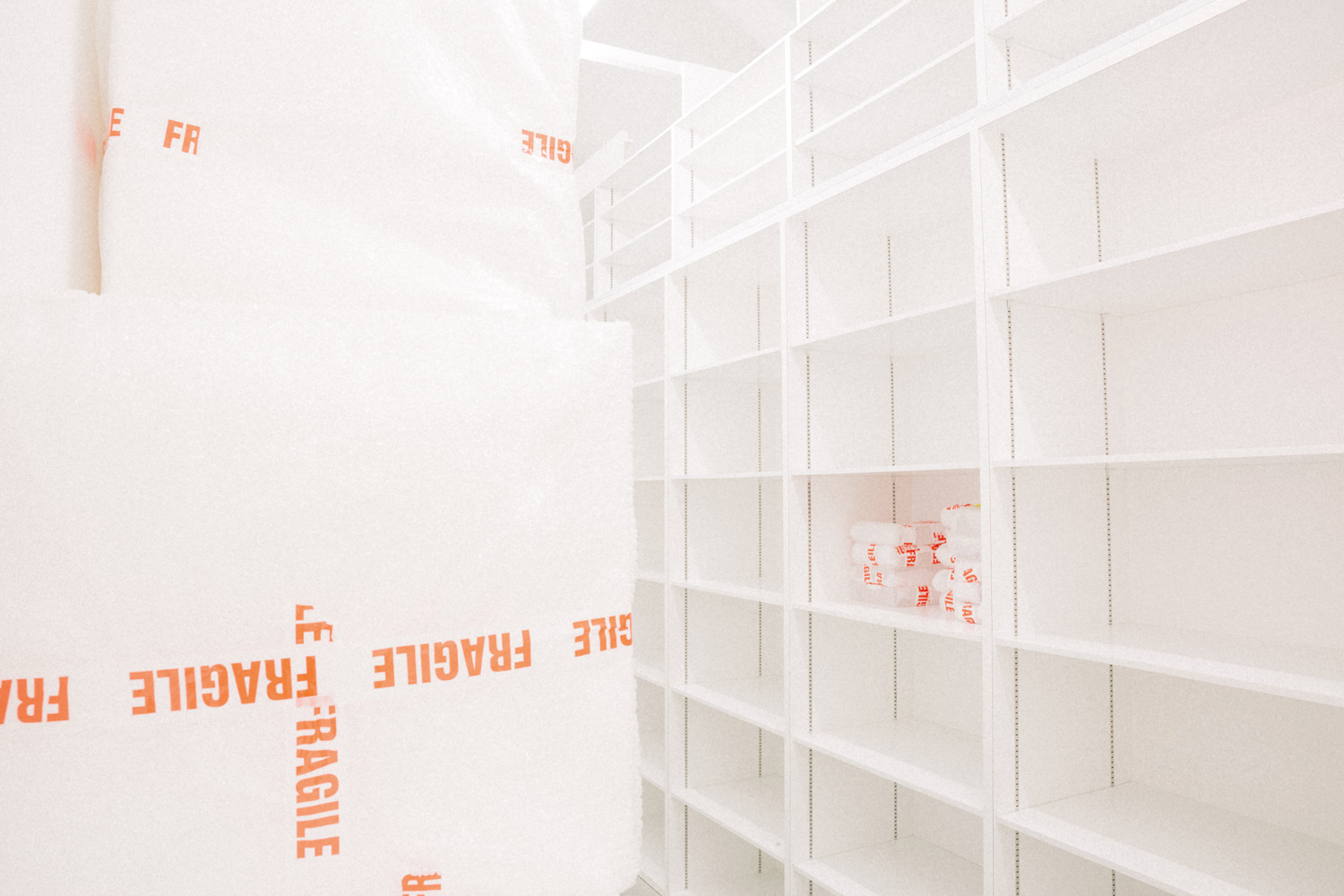
If the world of high fashion and luxury is for the affluent, then arguably, Dover Street
Market is the meeting point for the outsiders and the misfits. At Dover Street Market
Singapore, all brands come together under one roof quite literally. Its egalitarian
approach even extends to its service with a friendly, unassuming attitude. Everybody
is made to feel welcome even if you are left a little puzzled by the curation of more
avant-garde pieces. “It’s true that we don’t distinguish between men and women,
cheap and expensive, new, strong creation and timeless tradition, and we don’t
dumb down to the lowest common denominator in terms of the desires and
aspirations of our customer,” Joffe said to London-based AnOther Magazine.
The Japanese word tachiagari, referring to “beginning” or “start”, was the term that
was formerly given to the store’s annual revamp, where the store closes down for a
few days and reopens with the next season’s new collections, designer areas, and
curated spaces. While stock is updated frequently, this closure was conceived from
the beginning as a key part of Kawakubo and Joffe’s vision, provoking seasonal
changes that go beyond the clothes on the rails and usher in an entire storewide
rebirth. Although the term was mostly applied to Dover Street Market’s other
outposts around the world, we could see tachiagari slowly taking root in Singapore.
“Believing in people’s individualism and their need to express themselves differently”
as Joffe puts, is how he believes the store will gain authentic growth and
sustainability in the long run. As the team prepares for the official opening of Dover
Street Market Singapore on 28th July 2017, we met with its president and official
brand spokesperson, Adrian Joffe to talk about retail in the future, kachikan, and
what it means to set up shop in Singapore.
"What has been really interesting about this project, is that there is a certain element of “unlocking”, like particularly working with some of the staff here, even the contractors and the guys in the building. There is this kind of energy that develops over time, it is almost like they become unlocked and they find a different way and its really exciting to see that."Adrian Joffe
You mentioned in System Magazine how you don’t think that every city should have a Dover Street Market. I’m curious to know why you think Singapore deserves one.
It just feels right. We had a long history in Singapore, we worked with Club 21 for 30 years, and they’re one of our first partners in Asia. So we’ve known this place and had our own shop here for 10 years. Personally, I’ve always liked Singapore. It’s always the same weather and there’s so much greenery. I love Singapore because of the green and the old trees, it’s got the history. It’s the place we always felt comfortable in and also the place where we had a strong fan base. And then it’s about synergy and the organic evolution of things. Club 21 talked about COMO Dempsey and the development of COMO Dempsey is something we have always loved. Madame (Rei) Kawakubo and I always come to COMO Dempsey. It’s the first stop because we go to Samy's. It’s half personal, and the right thing and the right place and the right time. So, when we were told about COMO Dempsey, it looked like a Dover Street that could be unlike any other Dover Street Markets. We always like to do a different store, and there has to be something special and unique about the location. It was the first time we were going to do it in one floor, everything has always been vertical. We thought this building was amazing and we could do something very interesting.
How would you compare the Singapore version against the other stores like in New York or London from how the space is used or its locale?
The first obvious thing is that New York is very vertical, it has got eight floors now when we used to have seven. Singapore, on the other hand is horizontal, there’s only one floor and is the longest and widest Dover Street Market we've had. Visually and architecturally, it is completely different but we have always kept to the same DNA.
.jpg)
The Dover Street Market concept is about “creative chaos”. How well do you think it
will work in Singapore where, as you know, it is a place that operates on the
opposing side of the spectrum, i.e. order?
That’s where the challenge was and the exciting part of having a Dover Street
Market in Singapore because of the contrast. What was supposed to be the orderly
nature of Singapore, the reputation it has of being strict and regimented and us trying
to shake things up and bringing our vision of what a retail and a store should be is
about making people not necessarily feel comfortable, giving them a sense of
adventure and we think that the image of Singapore that we just mentioned is not
exactly correct. Because I know the Singaporeans and they’re not individually like
that at all. That’s just a government thing, it’s the way Singapore had to be for it to
develop because of its history. But it’s not about the people. The people I know here
are crazy, you look so much outwards. It’s one of the most open-minded and
internationally-minded cities that I know.
What’s always so interesting with any Dover Street Market is this coming together at
the beginning and the sense of meeting two different worlds, sometimes they collide,
sometimes it's the logistics. What has been really interesting about this project,
is that there is a certain element of “unlocking”, like particularly working with
some of the staff here, even the contractors and the guys in the building.
There is this kind of energy that develops over time, it is almost like they
become unlocked and they find a different way and its really exciting to see
that.
But they give back as much as we give them, that is the perfect kind of working
relationship. We are not coming here and pontificating, we hate to do that. We are
speaking your language in our syntax. It is really mutual. It is the symbiosis.
Dover Street Market destructs and circumvents the traditional department store concept and have broken a lot of rules within the industry, where do you think the fashion, luxury and retail is heading towards in the next 10 years?
We believe in the brick and mortar concept, each shop is very important and very strongly part of our growing business. For us, it’s mainly just a service though, for people who can’t get into town. We really want to encourage people to come in and have that relationship, come in and talk to us. It will never go away because humans are humans, otherwise we will become robots and we will just sit at home and become depressed and lonely. That vision is not ours, maybe it is other peoples’ but that is not what we believe in and not what we are about. We firmly believe in the future of retail but we are not prophets, we don’t know where it’s going to go. We just have to have the confidence to do what we believe in and be what we are. Maybe everybody will become robots but it will be sad and probably the end of civilisation. We can only go on about it and not worry too much.
I want to move on to talk about your role as Rei’s voice in a way. She works in an individualistic manner that is not usually inspired by things around her so all the ideas are in her head. How was it like for you to begin to understand what she was thinking about?
It comes from the inside, it’s the daily life. She decided to do the company. This was what it was all about, she was the one who founded the idea of Comme des Garçons and the creation of something new and we always offer to visit the museums but she said it isn’t necessarily that but rather a feeling, an atmosphere or an environment, anything that is strong. One of my most important roles with her is to really try and bring her out of the office because she works so hard all the time as everybody knows.
We try in small ways to show her other things because she doesn’t go to the cinema or read books or listen to music. It’s a hard thing for her to do. What I can do in my small way is to open up and tell her about things that are happening. She likes to hear stories and she reads biographies. She likes to hear about people and their experiences. She is so busy with so many things, brands, and people to look after. There’s no room sometimes, so time together, is time to show her something else that is happening.
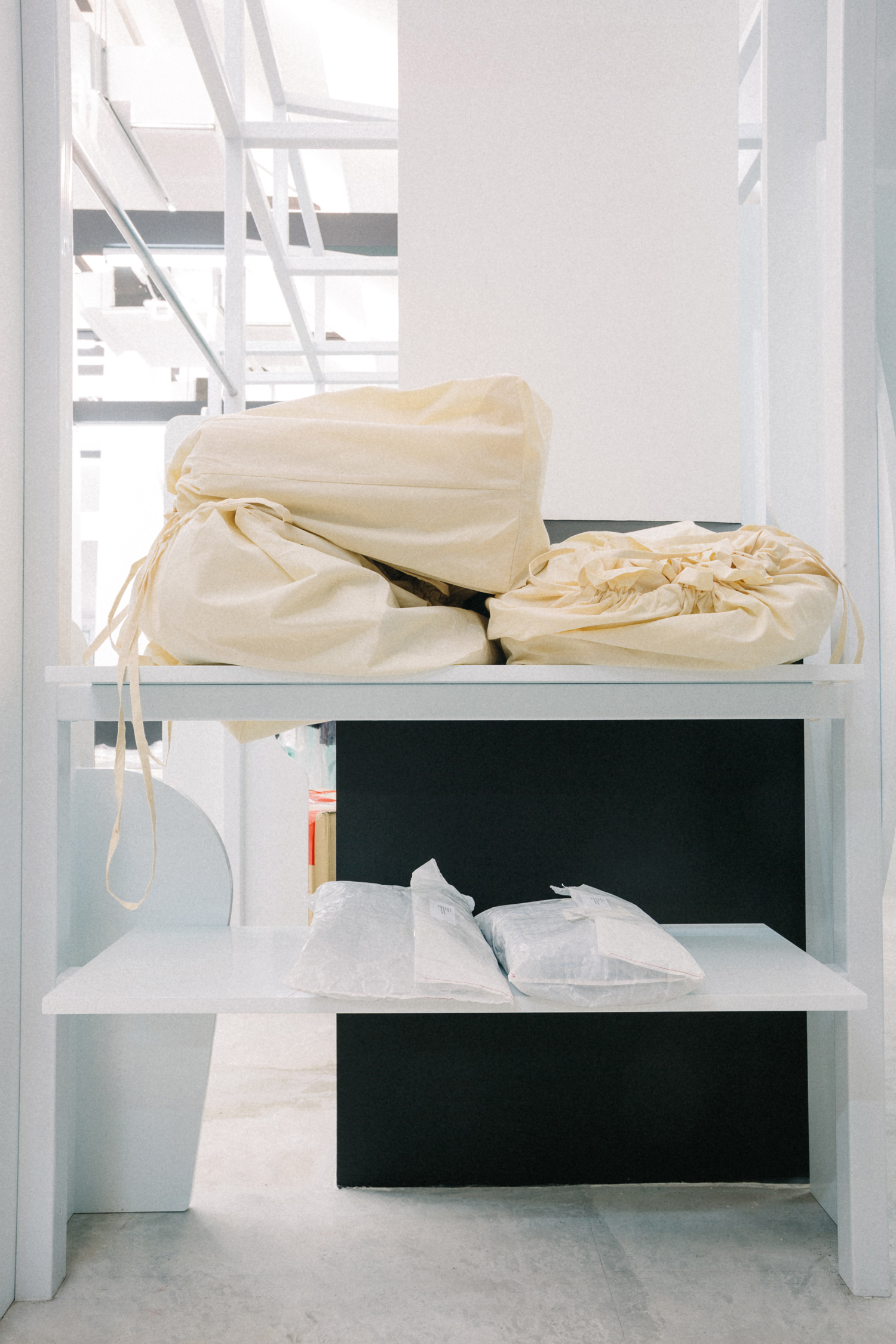
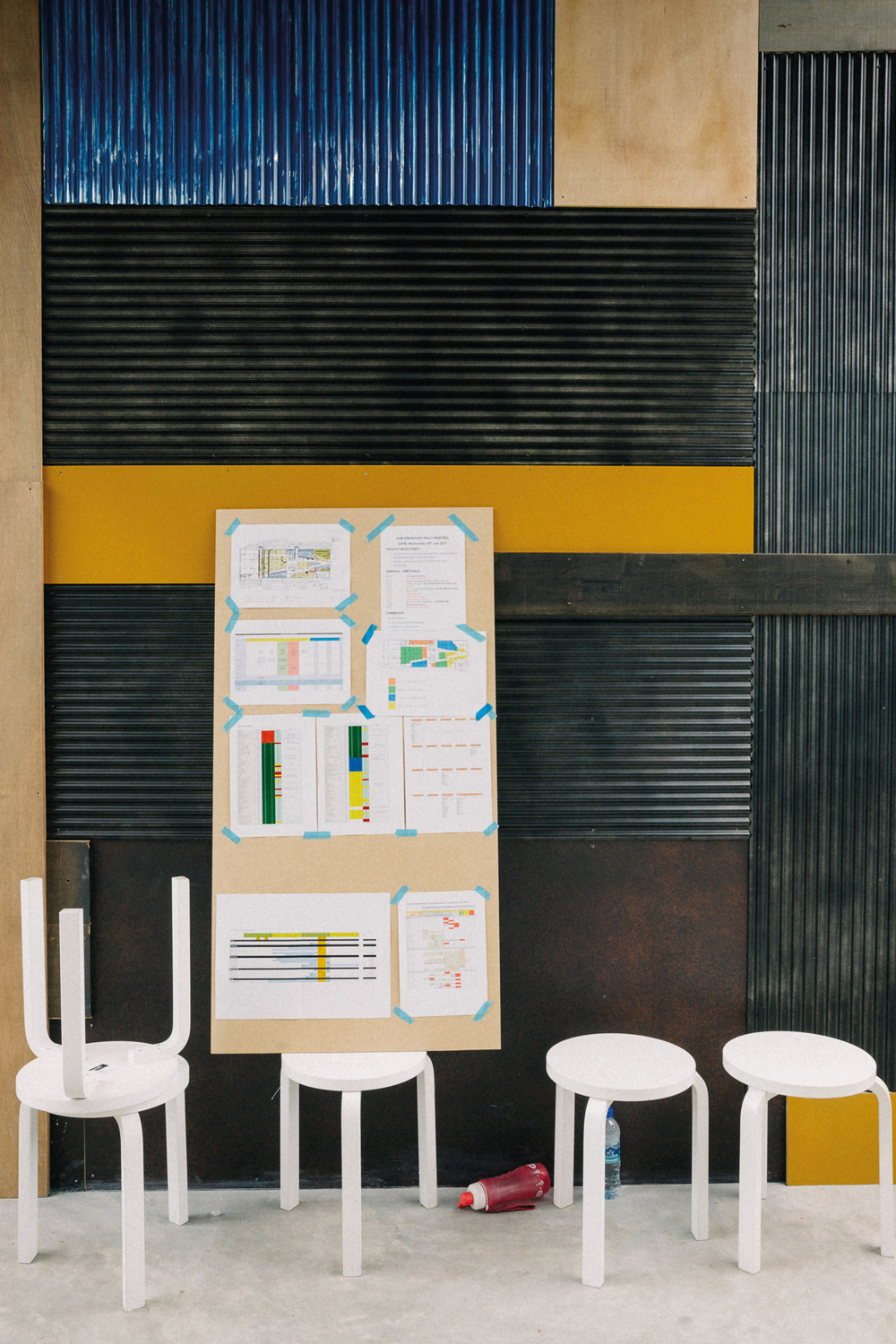
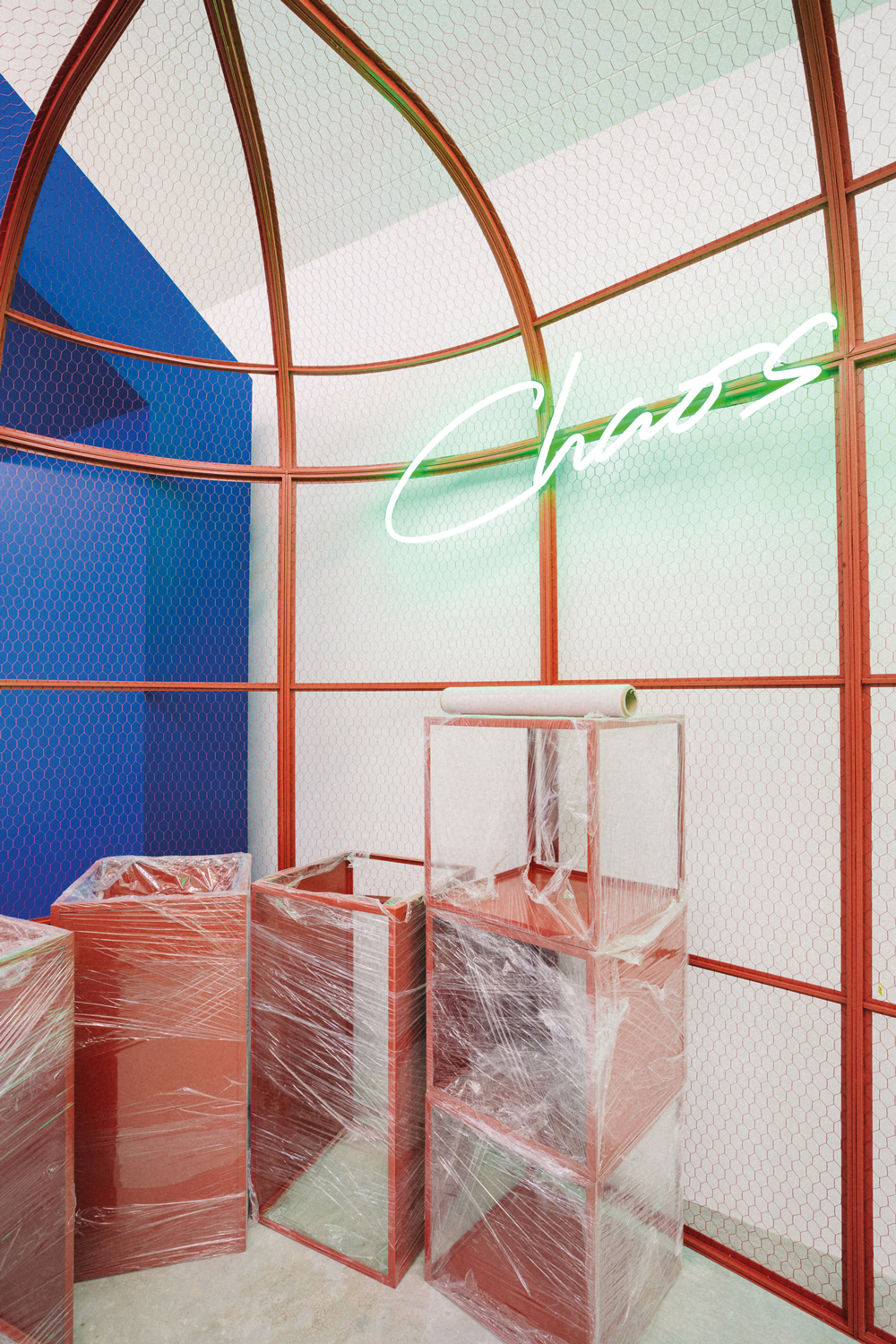
We have a couple of questions from our readers. You've mentioned before that Rei
is all about exchange. In your opinion, how does one assess how much you can trust
a person and therefore how much to exchange with them? Or what happens when
that trust is broken?
We are very different people. I don’t think we can go into our different characters. But
for her, it is a time thing, it is the sharing of experiences and there are so many
people that have worked so long with her and she trusts implicitly. I think it also has
a lot to do with instinct, she knows when to not trust a person. For me, I’m very naive
and trust people right away and often get disappointed. For her, she gets
disappointed in the beginning and then learns to trust people.
You've also once said that you much prefer live experiences over virtual ones
because virtual ones are soulless. What puts "soul" into a good live experience? Can
you break down what this "soul" means to you?
The essence of the human being is other relationships with other human beings. It is
about the community. It is scary, like driverless cars and all these things that are
changing. We are not against change, things have to change for progress but
sometimes it looks like it might be veering off to what is not necessarily an ideal path.
We’re not saying anything is good or bad, but if that’s the way it is going, then it’s too
bad for the world. I don’t want to say everybody should do it our way because that
wouldn’t make any sense either, there are different ways and we just have to do
what we believe in. We would not do it, if we didn’t think it was not the good way.
What makes for a good collaboration?
What has really always been very important for us is that it has to have a sense. It
has to be something that we can’t do without them, and them without us. It has to be
synergetic, the one and one must equal three, otherwise there isn’t a point. Like with
Speedo, we don’t make swimming costumes, we like swimming costumes, they don’t
deal with fashion so we collaborate with them. There has to be an added value. We
don’t like a forced kind of collaboration and that could be anything, it could be retail
or whether it’s something street. It has to be something that firstly, happens naturally
and organically and secondly, it has a meaning and a synergy. So often, the
collaboration falls short.
